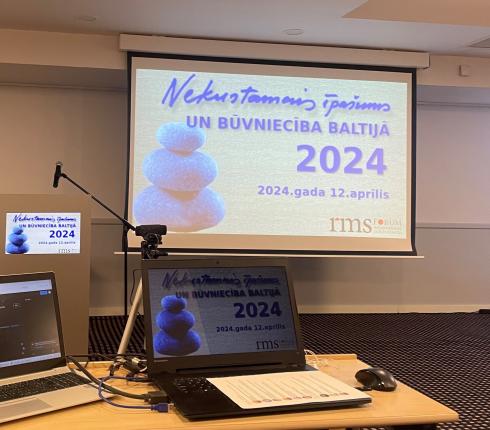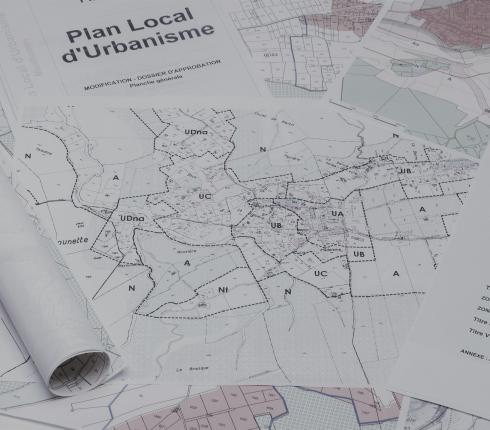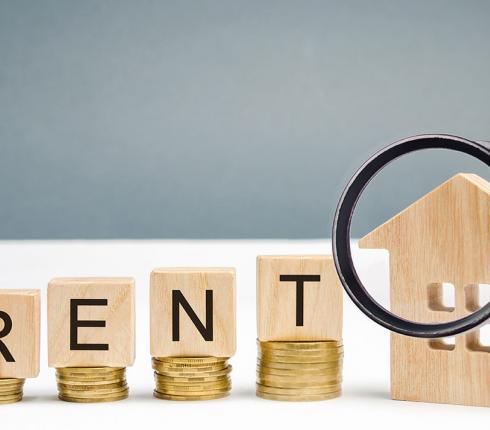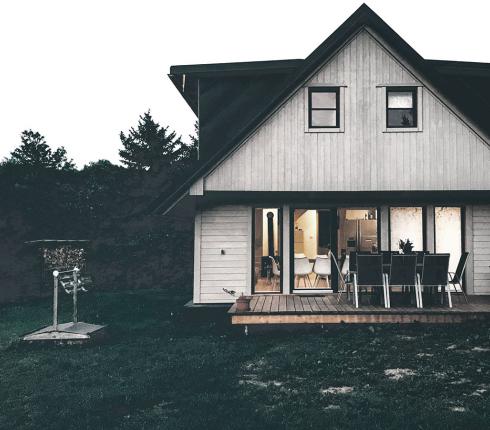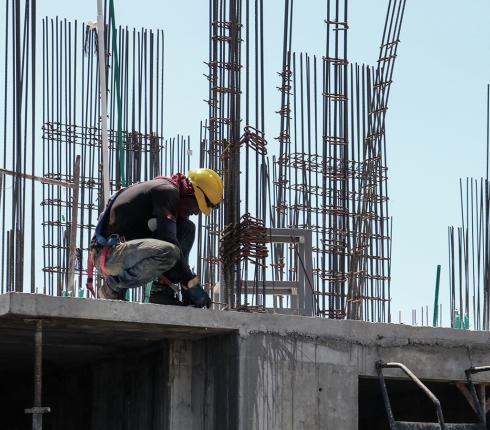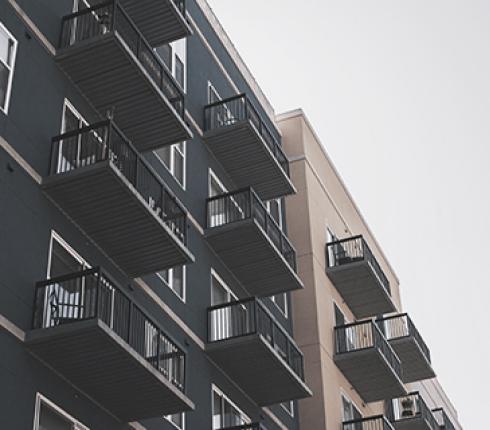NJORD Estonia: Is it legal to offer accommodation with Airbnb?
Airbnb is an international web platform that allows people to book accommodations from all over the world or looking from the other side: to rent homes out for a short period in order to make a profit. Nowadays, using such hosting platforms has become extremely popular amongst Estonians when booking a place to stay during travels or when renting out their own homes. According to data gathered by Statistics Estonia in the second quarter of 2017, 142 000 Estonians had booked their accommodations using a web hosting platform in the previous 12 months.
Airbnb has changed the idea of the traditional accommodation service. With Airbnb, booking and renting out accommodations happens from person to person, the process is fast and easy, and the prices are generally lower than the prices offered by hotels. The accommodations are usually much cozier and domestic than standard hotel rooms. Regardless the direct positive aspects, the world is moving towards setting restrictions and requirements to renting accommodations through hosting platforms, which is due to the negative aspects that accompany renting accommodations through sites like Airbnb. For example, in Berlin and Barcelona, the owner of a guest apartment must get a permit from the local authorities to offer their accommodation services on Airbnb. Operating without a permit may result in significant fines. In New York it’s illegal to advertise and rent out accommodations for a period shorter than 30 days if the owner itself isn’t home during the stay. Russia is currently working on a draft legislation that states that renting out apartments through hosting sites for short periods is legal if at least half of the building’s residents agree to it and sanitary requirements are met. This is a more lenient version of the first draft legislation that would have banned providing short time accommodations entirely.
The reason for implementing restrictions and requirements is to ensure the quality, safety and security of accommodation services. A separate reason is improving the availability of long time rental spaces in the world’s largest cities. Since it’s much more profitable for the property owners to rent real estate for shorter periods through hosting sites, the amount of rental spaces that are for rent for longer periods has gone down significantly. Implementing permits, fire safety, hygiene and sanitary requirements is also justified by the fact that in addition to property owners, many entrepreneurs, who qualify as accommodation service providers, also use Airbnb to avoid fulfilling high requirements set for accommodation establishments, incl. applying for activity licenses and paying taxes related to entrepreneurship. One of the reasons for implementing the abovementioned restrictions is also the fact that the hotel industry isn’t too happy about the alternative accommodation possibilities. For instance, while Booking.com helps the hotel industry to find new customers, then Airbnb takes certain customers away from the traditional accommodation service providers.
Property owners in Estonia do not need a permit or registration for renting out their real-estates. This doesn’t mean that they don’t have to follow any rules when providing overnight accommodation through a hosting site. The requirements may apply for persons who offer accommodation through hosting sites if said person operates in the housing sector within the framework of their economic or professional activity. Situations where the owner rents out an empty apartment for the time when they are on a trip can be viewed as operating outside those activities and is not considered as a regular activity.
Whether a person operates as an entrepreneur or whether the transaction is considered to be between consumers, should be analyzed on a case-by-case basis. The European Commission’s 02.06.2016 notice regarding the European agenda for the collaborative economy says that collaborative economy blurs the lines between consumers and companies because it is a multilateral relationship where transactions may be directed from company to company, from company to consumer, from consumer to company or from consumer to consumer. With these kinds of relationships, it’s never clear who the weaker party is.
The European Commission has highlighted the frequency of providing accommodation services as one criteria to determine the nature of an accommodation service. Service providers who offer their services from time to time are less likely to be considered as entrepreneurs. The more often the service is offered, the more likely it is that the service provider will be considered an entrepreneur, because the frequency may imply that the service provider’s activities are related to their economic or professional activity.
In Estonia, the Tourism Act („Act“) regulates the general requirements for offering and providing tourist services, which also include the provision of accommodation services. If a private person offers an accommodation service through a hosting service outside the framework of their economic and professional activity, then this activity isn’t considered as providing tourism services and the housing service requirements set in the Act are not applied to the person’s activity. In these cases the transaction is considered to be concluded between consumers and should be based on mutual agreements. The owner of the property might become liable if the safety of the rental property isn’t ensured. For example, if a guest suffers health damage because of a faulty appliance in the apartment, they can claim damages from the owner on the basis of the Law of Obligations Act.
If Airbnb is used within the framework of a person’s economic or professional activity (particularly when the person operates through a company or as a self-employed person) then their activity might be considered as provision of tourism services. The main types of accommodation establishments are hotels, motels, guesthouses, hostels, holiday villages and camps, holiday homes, visitor’s apartments and bed-and-breakfasts. The Act establishes a set of regulations to accommodation establishments. For example, the building of the accommodation establishment must meet the requirements applicable to relevant buildings, they must also meet the requirements established in the Food Act when handling food and the guests must be registered in the accommodation establishment on the basis of a visitor’s card. Requirements have also been established for drinking water, ventilation, lighting, air temperature, furniture and bathrooms. Fire safety requirements have been established for guest apartments, according to which guest apartments with up to ten bed places must have an autonomous fire detector in each guest room as a minimum, as well as one first-line fire extinguisher as a minimum containing 6 kg of extinguishing agent.
Several other requirements are added to those already listed. If the accommodation offers alcohol, it must be registered in the register of economic activities as an alcohol retailer. Service providers who offer their services on sharing platforms are also personal data processers, therefore the European Union data protection regulations apply to them as well.
State supervision over the compliance with the requirements established by the Act is exercised by the Consumer Protection Board, the Rescue Board, the Health Board, the Police and Border Guard Board and local government. For example, in the event of a significant breach of the requirements, an administrative body can prohibit entrepreneurs or persons close to them from operating.
For those who offer accommodation services through hosting sites regularly, particularly in cases when it’s being done by companies or self-employed persons, it’s wise to review requirements and obligations that apply to that activity in order to avoid any unpleasant surprises from authorities. Everyone who uses Airbnb should keep in mind that the web platform has placed the obligation to ensure that the accommodations comply with the local law to the owners of the accommodations, freeing themselves of all liability.








